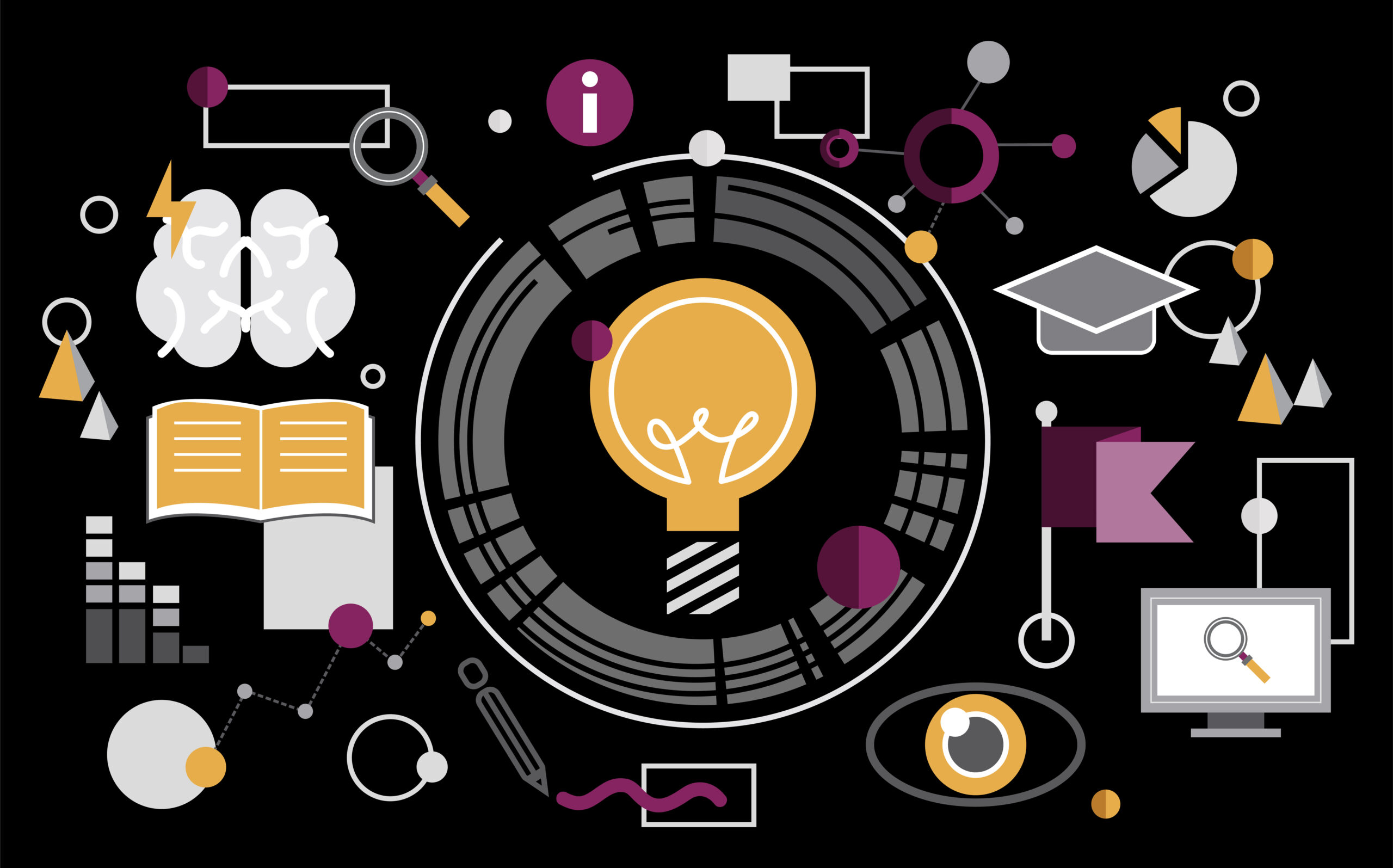



Introduction
In this extensive exploration, we will delve into the multifaceted recruitment Trends projected to define the job market in the year 2023, providing insights and strategies that are poised to shape the future of recruitment. From the continued prominence of remote work to the escalating role of AI and automation, and the unceasing emphasis on diversity, equity, and inclusion (DEI), these trends will serve as compass points in guiding recruitment efforts through the uncharted territories of the year ahead.
As we usher in another year, the world of recruitment stands at a pivotal juncture, poised for transformation. The driving forces behind this evolution encompass a spectrum of factors, ranging from rapid technological advancements and shifting economic landscapes to the changing dynamics within the workforce itself. For both employers and recruitment agencies, the ability to foresee and adapt to these unfolding trends is not merely an advantage but a necessity in the fiercely competitive realm of talent acquisition.
1. Remote Work Revolution: The New Normal
Remote work, which gained widespread acceptance during the pandemic, is set to remain a central recruitment trend in 2023. Employers and employees alike have recognized the benefits of remote work, including increased flexibility, reduced commuting stress, and access to a wider talent pool. In response, many companies are adopting hybrid or fully remote work models, allowing employees to work from anywhere. Recruitment agencies will need to help job seekers navigate remote job opportunities and employers establish effective remote work policies.
2. AI and Automation: Enhancing Efficiency
Artificial Intelligence (AI) and automation technologies continue to revolutionize recruitment processes. These tools assist in sifting through large volumes of resumes, conducting initial candidate screenings, and even analyzing candidate behavior during interviews. In 2023, AI will evolve further, incorporating predictive analytics to assess a candidate’s potential fit within an organization. This streamlines recruitment, saving time for both employers and candidates.
3. Diversity, Equity, and Inclusion (DEI): A Non-Negotiable Priority
Diversity, equity, and inclusion (DEI) initiatives remain a top priority for organizations in 2023. Companies are committed to creating diverse and inclusive work environments to foster innovation and reflect the broader community. Recruitment agencies will play a pivotal role by actively sourcing diverse candidates, utilizing inclusive language in job postings, and advocating for unbiased hiring practices. DEI efforts will extend beyond hiring, with a focus on retaining and promoting underrepresented talent.
4. Skills-Based Hiring: Beyond Degrees
Employers are shifting their focus from rigid educational requirements to skills-based hiring in 2023. This trend benefits job seekers who may have gained valuable skills through non-traditional paths, such as online courses, certifications, or on-the-job experience. Recruiters will play a crucial role in helping candidates showcase their skills and competencies effectively, matching them with employers looking for specific talents.
5. Employee Wellbeing: Beyond the Workspace
The pandemic underscored the importance of employee wellbeing, prompting organizations to expand their wellness programs and mental health support in 2023. Employers are embracing flexible work hours and remote work options to improve work-life balance. Recruitment agencies should highlight these wellbeing initiatives to attract job seekers who prioritize their physical and mental health when considering job opportunities.
6. Gig Economy Growth: Opportunities Abound
The gig economy is no longer confined to freelancers; it has expanded to include temporary and project-based work opportunities in various industries. Companies seek to leverage the gig workforce to meet specific needs without long-term commitments. Recruitment agencies will find themselves connecting employers with gig workers more frequently in 2023, emphasizing the benefits of flexible work arrangements for both parties.
7. Data-Driven Decisions: Power of Analytics
Data-driven recruitment strategies are becoming indispensable. Employers are increasingly using data analytics to optimize their hiring processes, identify talent gaps, and evaluate the effectiveness of their recruitment campaigns. Recruitment agencies that harness the power of data analytics can provide valuable insights to clients, enhancing their ability to make informed decisions and adapt their strategies in real-time.
8. The Art of Employer Branding
Employer branding continues to grow in significance in 2023. A strong employer brand helps organizations attract top talent by conveying their unique workplace culture, values, and opportunities for growth. Recruitment agencies can assist by collaborating with employers to define their employer value propositions and effectively communicate them to potential candidates, ensuring a strong alignment between employer and employee expectations.
9. Continuous Learning and Upskilling: Lifelong Learning
The rapid evolution of technology in recent years has brought about a seismic shift in the employment landscape. Skills that were highly sought after just a few years ago may no longer be relevant today. As a result, the concept of continuous learning and upskilling has emerged as a critical component of career development and workforce sustainability.
In 2023, the pace of technological change shows no signs of slowing down. New tools, platforms, and methodologies continue to reshape industries, making it imperative for both employees and employers to adapt. Here, we delve deeper into the significance of continuous learning and upskilling, examining how it impacts individuals, organizations, and the recruitment process.
10. Environmental and Social Responsibility: Values Matter
Sustainability and social responsibility are increasingly important considerations for both employers and job seekers. Companies that demonstrate a commitment to environmental sustainability, community engagement, and ethical practices will be more attractive to top talent. Recruitment agencies can help align candidates with organizations that share their values, contributing to a sense of purpose and fulfillment in their careers.
Conclusion
In 2023, the recruitment landscape will continue to evolve, driven by technological advancements, changing workforce preferences, and societal shifts. Staying informed about these emerging trends is essential for both employers and recruitment agencies. By adapting to these trends, you can position yourself for success in the dynamic world of talent acquisition. Whether it’s embracing remote work, leveraging AI in your processes, or prioritizing diversity and inclusion, staying ahead of the curve will be the key to attracting top talent and building high-performing teams in the years to come. Stay tuned for an exciting year ahead in recruitment!
Remember to keep monitoring these trends throughout the year and adjust your recruitment strategies accordingly to remain competitive in the ever-changing job market.
For better career options choose us!